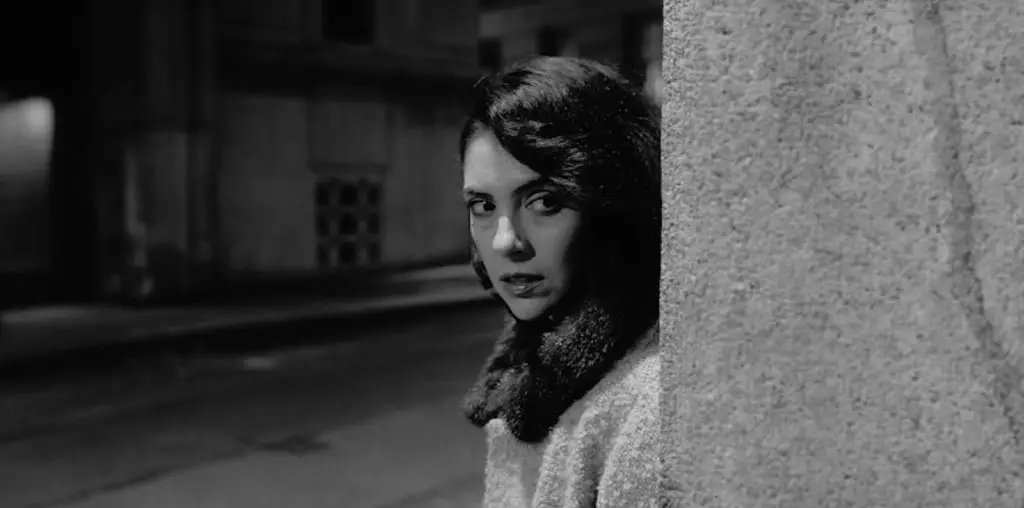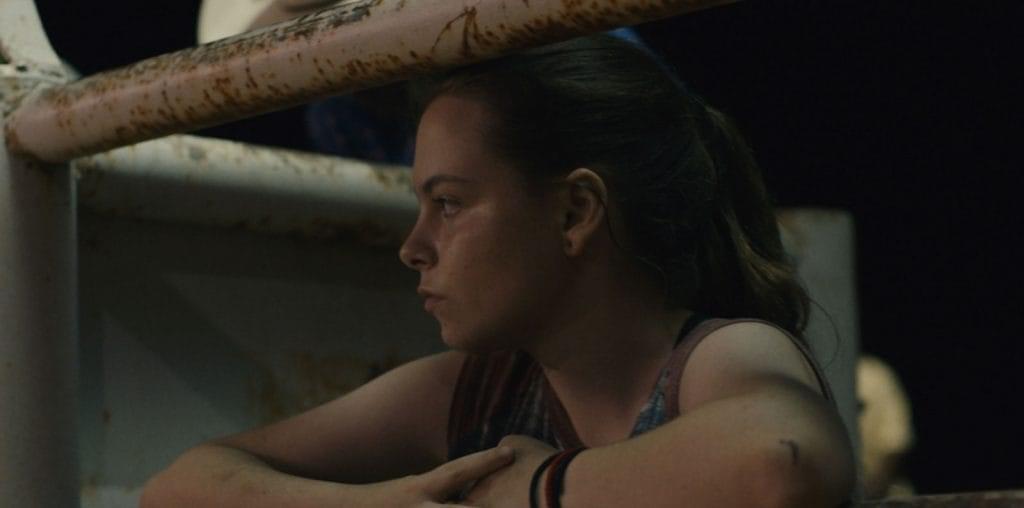
If a film is going to yank an audience around for its duration, the least it can do is avoid belabored explanations of rather obvious twists. This simple guideline could have helped provide a better ending for “Lucky Number Slevin,” which reveals a screenwriter who can write snappy one-liners and fill conversations with pop-culture references, but has yet to master story structure.
The gangster film about mistaken identity opens (after a shot of a telephone ringing) with Bruce Willis in a wheelchair, telling a stranger in a train station about something called a “Kansas City shuffle,” in which you make them look one way, then go the other way. Rather than really describe how one works, however, he tells a random story, set about 25 years ago, about a man who bet too much on a fixed horse race and pissed off the gangsters who paid for the fix. I am not sure if the film intends for us to immediately start wondering where this story fits in its puzzle, or just assume that it was a very long interlude.
In the main story, Josh Hartnett and Lucy Liu meet cute and keep on meeting cute when she comes to her neighbor’s door to borrow a cup of sugar and finds him there instead. He describes the four bad things in a set of three that recently happened to him and she leaves. Then different sets of gangsters continually kidnap him. The next thing he knows, he owes them thousands of dollars and is ordered to become a hit man to pay off the debt.
Mistaken for his friend the apartment owner, he soon finds himself in the middle of a war between two organized crime bosses, one known as The Boss (Morgan Freeman), the other as The Rabbi (Ben Kingsley). Freeman and Kingsley, with some distinctive dialogue by screenwriter Jason Smilovic, create two characters who have been locked up in facing high rises, afraid to go outside, where they might be assassinated. In their isolation, they’ve apparently been practicing acting badass and turning clever phrases. Luckily, Hartnett’s character, Slevin, is also equipped to make smartass comments, mysteriously not intimidated by goons or gang bosses.
The film is told with light frivolity, hip style and over-the-top production design (each apartment’s wallpaper is a pattern of shapes). Unfortunately, director Paul McGuigan tries to make it all serious at the end, and this isn’t the kind of story that should be taken seriously. If the filmmakers had accepted the strength of their materials, they could have turned out a considerably better film.

